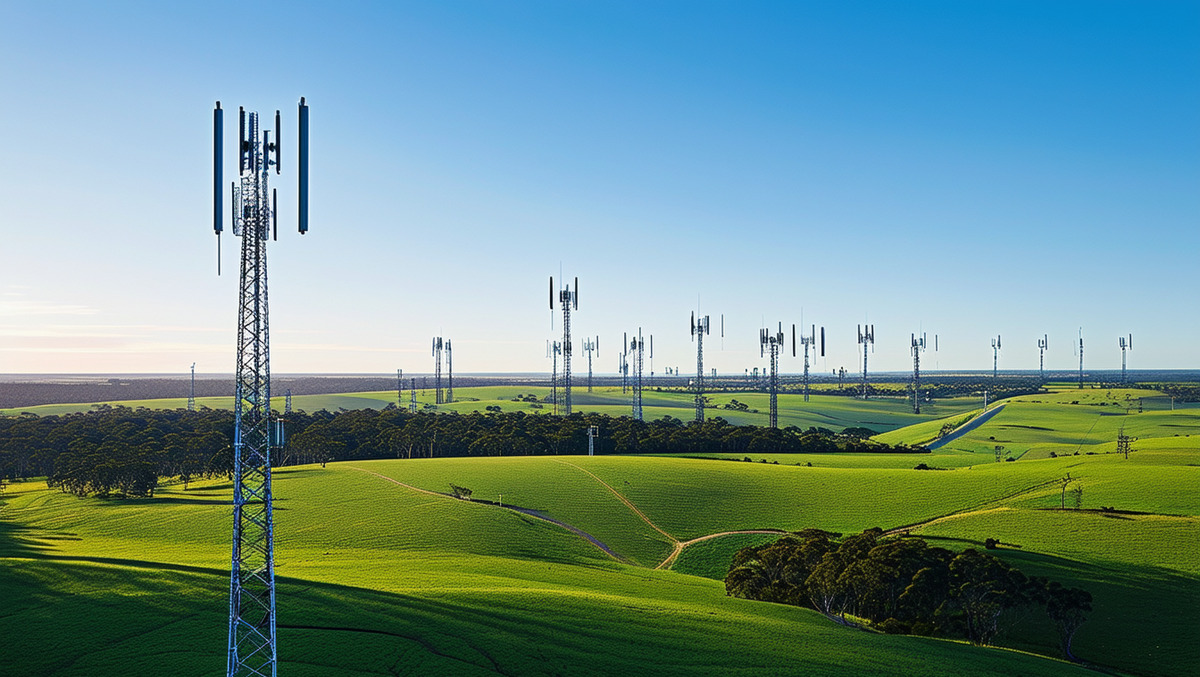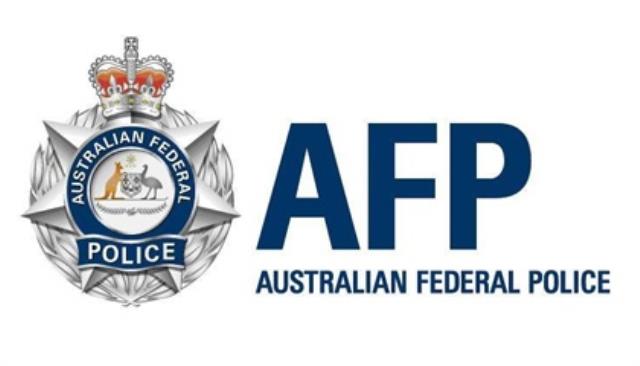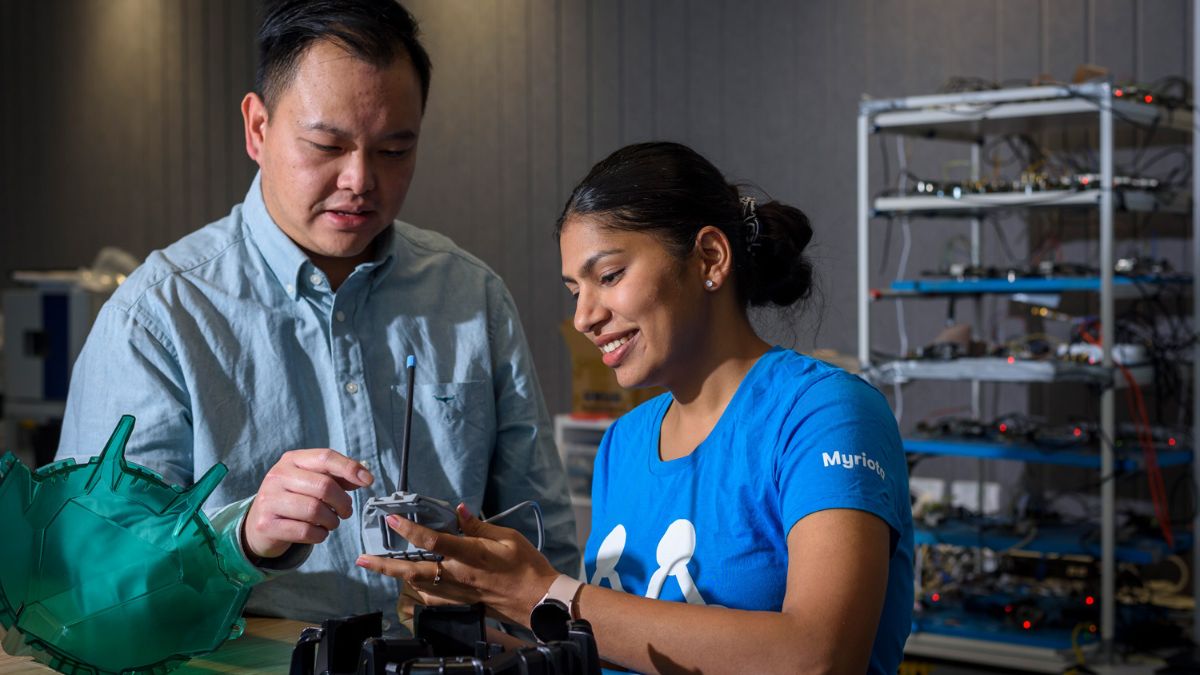NBN enhances energy efficiency with Ericsson’s tech in Australia

- by Admin
- August 21, 2024

NBN has made significant strides in improving the energy efficiency of its network by deploying Ericsson’s innovative equipment with Microsleep Tx software across 2,400 nbn Fixed Wireless towers in rural and regional Australia. This initiative has reduced power consumption by 5%, translating to an annual saving of 1.3 GWh, which is enough electricity to power 200 Australian homes.
NBN Chief Technology Officer, Wireless Networks, Jason Ashton, emphasised the company’s dedication to building a more climate-resilient and energy-efficient network. “Building a more climate-resilient and energy-efficient network is a key priority for our company,” Ashton stated. He further elucidated, “As network usage and data needs accelerate, communications service providers need to increase the capacity of their networks, which leads to sustainability impacts. It makes perfect sense to reduce the power consumption of the Fixed Wireless network in the middle of the night when customer usage is low, allowing us to reduce our greenhouse gas emissions.”
NBN’s energy-saving efforts are projected to reduce CO2 emissions by 850 metric tonnes annually. By employing the Microsleep Tx software, the radio unit transmitters on the Fixed Wireless towers can be switched into sleep mode during periods of inactivity, particularly during low traffic times, without compromising network performance. The radio components can reactivate in microseconds, thus maintaining efficient customer service.
Emilio Romeo, Head of Ericsson, Australia and New Zealand, commented on the positive impact of this collaboration. “The utilisation of Ericsson’s innovative equipment with Microsleep Tx on nbn’s Fixed Wireless towers is a major step towards helping nbn deliver a more sustainable communications network. In addition to reducing the environmental impact of the network, our Microsleep Tx software will create operational cost savings, enabling nbn to focus on meeting the growing needs of homes and businesses in regional Australia,” said Romeo.
As part of a larger commitment to improving and upgrading its infrastructure, NBN is engaged in an AUD $750 million co-investment initiative with the Commonwealth Government to upgrade its Fixed Wireless and Satellite networks. This upgrade includes integrating advanced 4G and 5G technologies and deploying Long-Range 5G mmWave technology to enhance network capacity and coverage.
NBN is also improving its existing product capabilities to provide faster download speeds during busy periods on the Fixed Wireless network. The company has introduced two new Fixed Wireless higher-speed tier wholesale products. The Fixed Wireless Plus offering has been increased to up to 100Mbps for downlink and 20Mbps for uplink. Additionally, new products such as the Fixed Wireless Home Fast and Fixed Wireless Superfast services are set to become available to a significant majority of eligible locations by July 2024, boasting peak speeds of 200-250/8-20 Mbps and 400/10-40 Mbps, respectively.
These initiatives are part of NBN’s broader commitment to reducing its annual energy use by 25 GWh by December 2025. The company has signed three Renewable Power Purchase Agreements (PPAs) to support this goal to ensure 100% renewable electricity purchases from December 2025. The agreements involve solar and wind farm projects in Queensland, Victoria, and New South Wales.
NBN is a member of the RE100, a global renewable electricity initiative that includes approximately 400 major businesses. In June 2023, the company committed to long-term net-zero greenhouse gas emissions targets by 2050, aligning with the Science Based Targets initiative (SBTi). NBN aims to significantly reduce its absolute scope 1 and 2 GHG emissions by 95% by FY30 from an FY21 base year. Additionally, the company is working with its suppliers to achieve science-based targets by FY27.
The Latest News
-
December 23, 2024This quiet Canadian will make you love YouTube golf again – Australian Golf Digest
-
December 23, 2024Guide Helps Australian Workers Expose Tech Wrongdoings
-
December 23, 2024PPHG achieves GSTC multi-site certification for all its Australian properties – Travel And Tour World
-
December 23, 2024Championship three-peat reward for ‘clinical’ Aussies | cricket.com.au
-
December 23, 2024Australian tennis star Purcell takes on voluntary provisional suspension for breaking anti-doping rules





